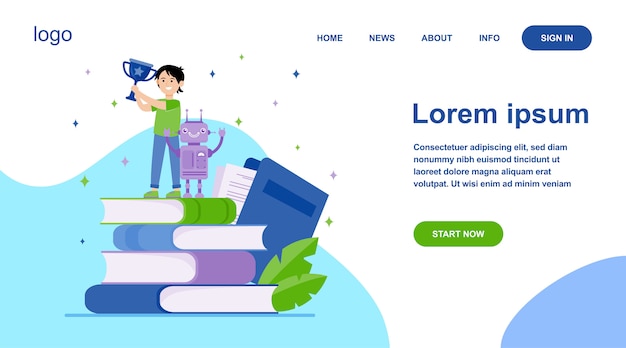
For the initial two decades plus of our existence, our primary role is to absorb knowledge. We spend endless hours in learning environments, garnering insights and gaining a diverse range of information. Following this, upon graduation, many perceive it as the closing of their educational chapter, moving on to establishing their professional life and financial security.
But, isn’t this perspective peculiar?
Is it rational to dedicate just a quarter of our lifespan to learning and then be complacent for the remainder? This belief is fundamentally flawed and unfortunately, widely accepted. Schooling isn’t the sole purveyor of knowledge. The conclusion of formal education should never mean an end to our learning journey.
Various activities like painting, traveling, reading, among others can serve as excellent learning tools. For those yearning for constant improvement, adopting the concept of lifelong learning is vital. Let’s delve into why you should embrace lifelong learning and the benefits it offers.
Fuel your career progression:
A significant number of postgraduate management students are already experienced professionals, taking a break from employment to enhance their skills and knowledge. Continual learning while working is a proven success formula for many, whether it be mastering a new language or crafting effective-work strategies. This continuous learning process can pave the way for superior job roles with more enticing perks. Observe strategies employed by others and refine them. Broaden your horizons and fast-track your career progression.
Earn consistently throughout your life:
In past decades, completing your education at college meant you were equipped for a lifelong career without further study. Unfortunately, in today’s rapidly advancing job market, this no longer holds true. Skills deemed avant-garde five years ago are now obsolete, and many future roles don’t yet exist. Adopting a self-directed learning approach is crucial not only for job sustainability but also for uncovering various self-employment opportunities. Lifelong learning can empower you to initiate your own business.
Furthermore, acquiring new skills could supplement your income in your free time. Lifelong learners remain productive, even post-retirement, as skill application can facilitate continued earning.
Enhance your charisma:
Those who encountered Theodore Roosevelt were awed by his knack for initiating engaging conversations on a diverse range of topics. Reading avidly can enable you to develop a captivating and charismatic personality, reminiscent of Roosevelt, and facilitate easy connections with individuals from all walks of life.
Becoming a lifelong learner ensures proficiency and independence:
Lifelong learners can marvel at their own ability to acquire diverse knowledge — from horse-shoeing to hunting and from planting grapes to making delicious pudding. With sufficient space, learning to grow your own food can have significant financial benefits, too. However, this requires continued skill sharpening by constantly reading or learning via online sources.
Maintain a healthy brain:
Ceasing to learn can accelerate the aging process. Conversely, continual learning encourages youthfulness, regardless of your age. Education acts as a life-giving force, ensuring physical and mental well-being. It is even observed that older individuals with broader education perform better than their lesser-educated counterparts.
Understanding the myriad of ways lifelong learning can assist you, especially in monetary terms, should inspire you to maintain this journey. Surround yourself with books, knowledgeable individuals, and embrace the internet as a valuable information resource.
About the author:
SB, the author of this article, is an Indian-born father and husband, now residing in the United States since 2005. He shares insights into his frugal lifestyle and provides personal finance management advice through his blog, onecentatatime.com.
Source: SmartAsset.com


